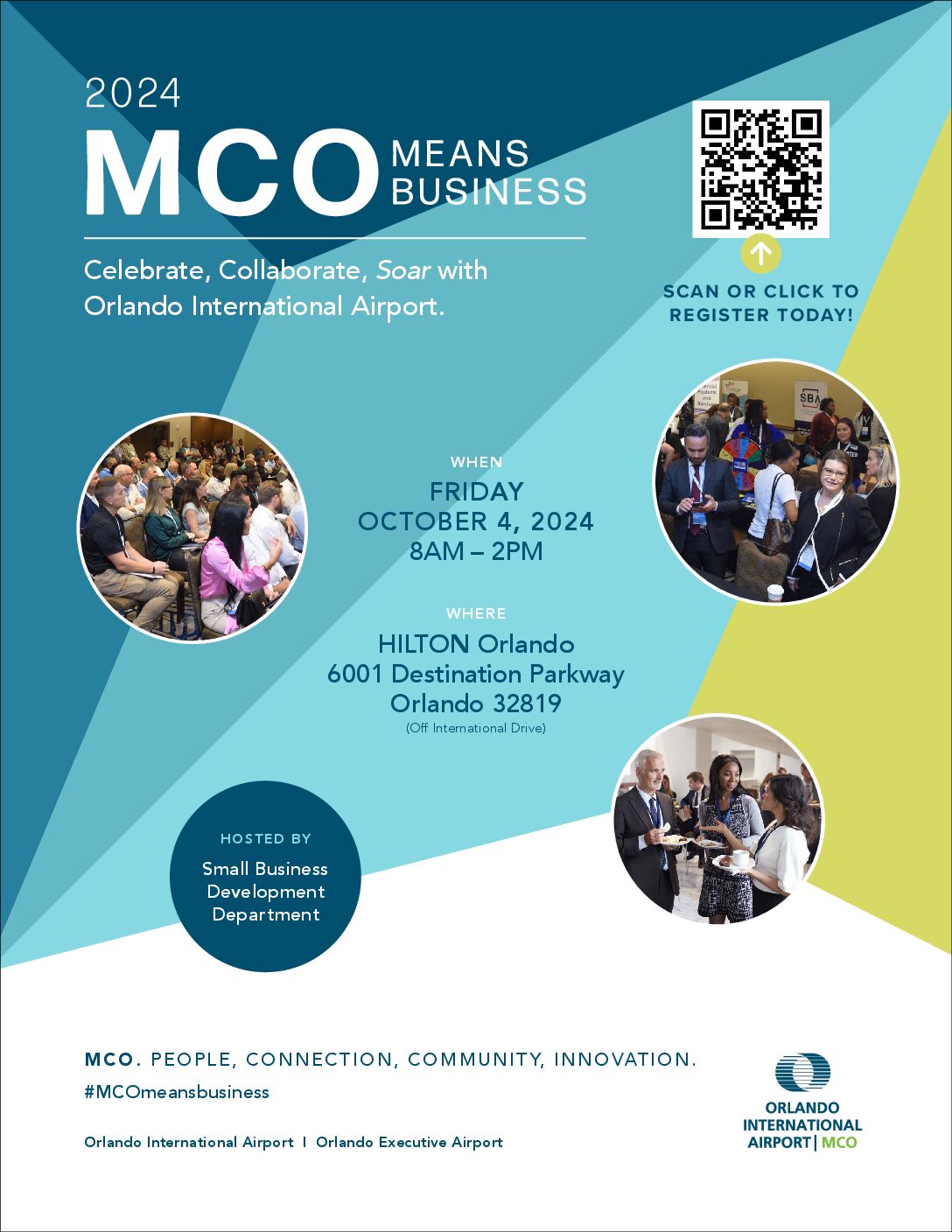Estate planning is a vital process that ensures your assets are distributed according to your wishes, providing security for your family and a succession plan for your business. Emerging trends are reshaping the estate planning landscape, making it more critical than ever to stay informed and proactive. Here are key strategies to help you protect your legacy and honor your intentions.
Anticipating Changes in Estate Tax Exemptions
The Tax Cuts and Jobs Act of 2017 significantly increased estate and gift tax exemptions, allowing individuals to transfer up to $13.99 million without incurring federal estate or gift taxes. However, these provisions are set to expire on January 1, 2026, reducing the exemption to nearly half ($7 million per person). As a result, many individuals are reassessing their estate plans to maximize current exemptions.
To prepare, families with substantial assets might consider gifting strategies or establishing trusts to secure the higher exemptions before they decrease.
Leveraging Trusts for Asset Protection and Tax Efficiency
Trusts offer numerous benefits, including tax mitigation, asset protection, and control over how and when your assets are distributed. With the pending exemption changes, establishing or reviewing trusts has become even more essential.
Different types of trusts serve specific purposes. A revocable trust allows you to maintain control over your assets during your lifetime while simplifying the transfer process after your death. Irrevocable trusts, on the other hand, provide significant tax advantages and protect assets from creditors. Additionally, charitable trusts enable individuals to support causes they care about while receiving tax benefits. By aligning your estate planning goals with philanthropic endeavors, you can leave a lasting impact beyond your personal and professional circles.
For more advice, purchase the January/February 2025 issue of ONYX Magazine.
Story by Attorney Taalib Saber



















